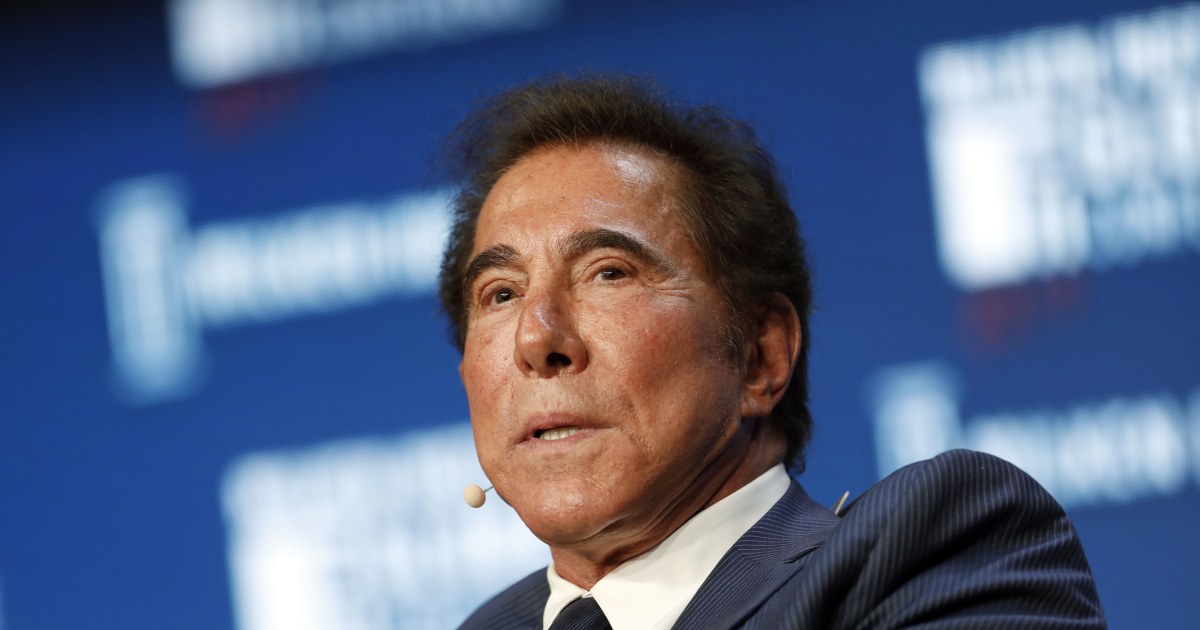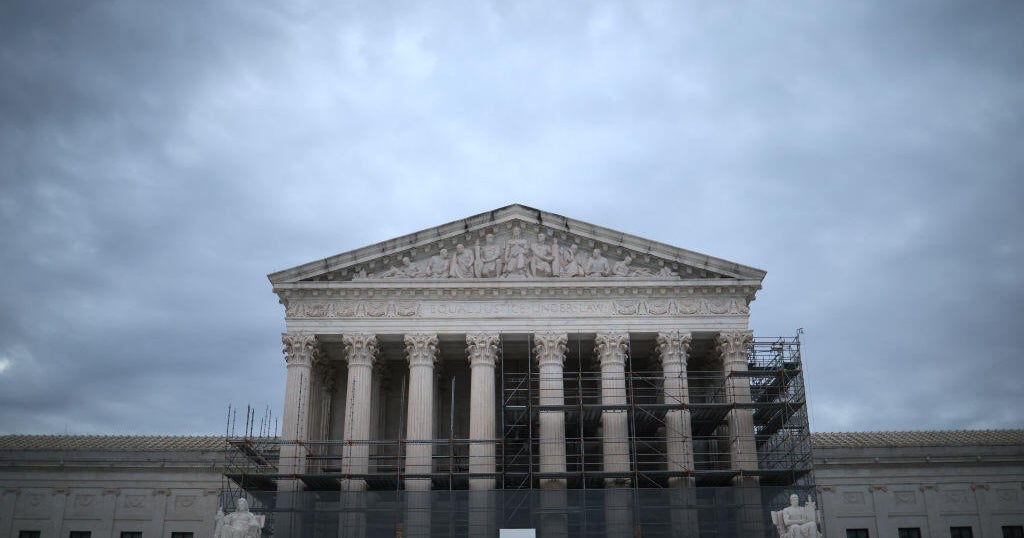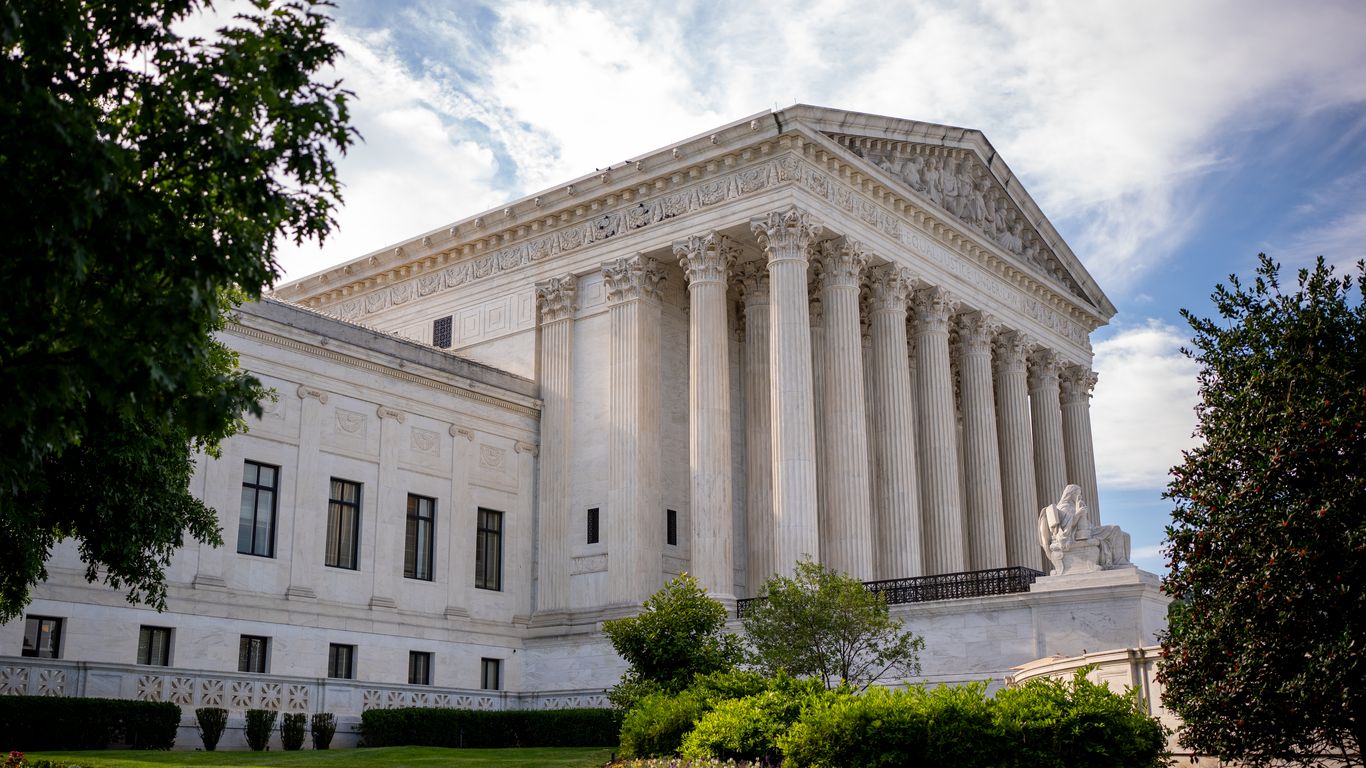Supreme Court Declines to Hear Challenge to Landmark Defamation Ruling
The Supreme Court has denied a request by Steve Wynn to challenge the 1964 ruling that protects news outlets from defamation suits by public figures.
Overview
The Supreme Court on Monday rejected a challenge by casino mogul Steve Wynn to the 1964 ruling in New York Times v. Sullivan, which requires public figures to prove 'actual malice' in defamation suits. This decision reaffirms journalistic protections against unfounded libel claims. Wynn's lawsuit against the Associated Press related to misconduct allegations he denied. While some justices have expressed interest in revisiting this precedent, there appears to be insufficient support to reconsider it at this time.
Report issue

Read both sides in 5 minutes each day
Analysis
- The Supreme Court declined to hear a case brought by Steve Wynn that attempted to challenge the established defamation standard set by New York Times v. Sullivan, which requires proof of 'actual malice' for public figures.
- Conservative justices Clarence Thomas and Neil Gorsuch have previously shown interest in overturning the Sullivan ruling, but the court's current composition does not appear to support revisiting this precedent.
- The ruling upholds strong protections for press freedom and has been deemed essential for safeguarding journalists against frivolous defamation lawsuits.
Articles (4)
Center (3)
FAQ
The case began with a full-page advertisement in The New York Times criticizing police actions during civil rights protests in Montgomery, Alabama. Montgomery police commissioner L. B. Sullivan sued for defamation due to factual inaccuracies in the ad, leading to a Supreme Court decision that established the 'actual malice' standard for defamation cases involving public figures.
The 'actual malice' standard, established by New York Times Co. v. Sullivan, requires that public figures prove a statement was made with knowledge that it was false or with reckless disregard of whether it might be false in order to win a defamation lawsuit.
Steve Wynn challenged the Sullivan ruling as part of his defamation lawsuit against the Associated Press over allegations of misconduct. However, the U.S. Supreme Court denied his petition to overturn the landmark decision.
History
- This story does not have any previous versions.



